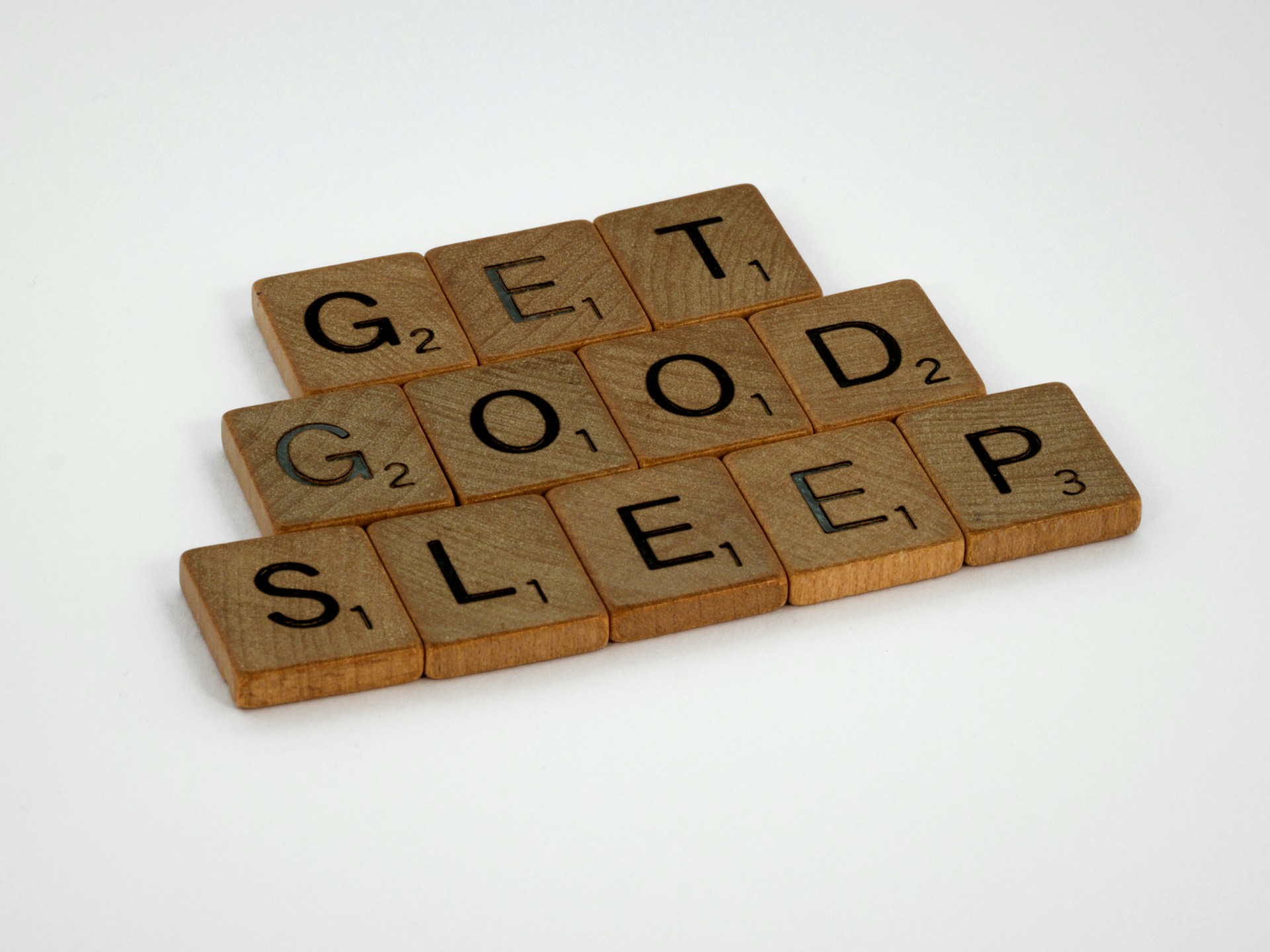Lifestyle
Sustainable Gardening: Eco-Friendly Practices for Seniors

As we gracefully age, our appreciation for the simple joys in life tends to grow. One such joy is the act of gardening, a hobby that not only keeps us physically active but also nourishes our souls. However, in this era of climate change and environmental concerns, it’s high time we put on our eco-friendly hats and embrace sustainable gardening.
Sustainable gardening is a method that aims to reduce our carbon footprint, conserve water, and promote biodiversity, all while providing us with a sense of accomplishment and a bounty of home-grown produce. Sounds like a win-win, doesn’t it? Let’s dig into the soil of this topic, shall we?
Composting
Composting is the process of turning kitchen and garden waste into nutrient-rich soil. It’s like the circle of life, sung beautifully by Elton John, but in your backyard. Composting not only reduces the amount of waste going to the landfill but also enriches the soil in your garden, reducing the need for chemical fertilizers.
Water conservation
In many parts of the world, water is becoming a scarce resource. By implementing practices such as rainwater harvesting, drip irrigation, and choosing drought-tolerant plants, we can significantly reduce our water usage. Plus, imagine the satisfaction of seeing your garden thrive on rainwater you’ve collected. It’s like Mother Nature giving you a pat on the back!
Biodiversity
A garden buzzing with bees, butterflies, and birds is not just a delight to the senses, but it’s also crucial for our ecosystem. By planting a variety of native plants, we can provide a habitat for local wildlife and promote biodiversity. Plus, who can resist the charm of a hummingbird flitting about in their garden?
As for the physical activity, gardening is a fantastic way to keep our bodies moving. The bending, lifting, and digging involved in gardening can help improve flexibility and strength. It’s like a gym, but with fresher air and prettier views.
Let’s not forget the mental wellness aspect. Gardening has been proven to reduce stress, improve mood, and even boost cognitive function. It’s a form of therapy, with the added bonus of fresh tomatoes and fragrant roses.
Sustainable gardening is a wonderful way to instill a sense of responsibility and respect for nature in our grandchildren. It’s a legacy, not of material possessions, but of values and love for our planet.
So, my fellow seniors, let’s roll up our sleeves and embrace sustainable gardening. It’s a hobby that’s good for us, good for our community, and good for our planet. Let’s grow old, not just with grace, but also with a green thumb!

Lifestyle
Understand the Hidden Effects of Melatonin, Health Experts Share 9 Side Effects

Melatonin is a popular supplement among American adults – with nearly a third using it as a sleep aid. With 88 percent reporting that it helps them fall asleep faster, it’s not hard to understand the appeal. Yet, like all medications and supplements, melatonin can come with its own set of side effects. Weighing potential risks against benefits is crucial. In this article, we discuss 9 potential side effects of melatonin you need to be aware of as pointed out by health experts.
1. Daytime Drowsiness
“Some people experience daytime drowsiness while taking melatonin,” says Dr. Raj Dasgupta, a medical reviewer for NCOA and ABIM. He further explains that the sleep-inducing effects of melatonin can carry over into the next day.
“Melatonin encourages the onset of sleep, but the residual effects can linger into the next day. This can be dangerous if you operate heavy machinery or drive.”
2. Headaches
Headaches represent another potential side effect of melatonin use. Should your headaches persist, it is recommended to cease melatonin usage.
“Melatonin can cause headaches in some people, possibly due to changes in brain chemistry or interactions with other medications. This is more common with higher doses,” says Dr. Dasgupta.
3. Dizziness
While less common, dizziness remains a side effect to be aware of.
“It might be related to blood pressure fluctuations or how melatonin affects your nervous system,” Dasgupta suggests.
4. Mood Swings
Remarkably, melatonin can provoke mood swings, inducing feelings of irritability, depression, or anxiety.
“Melatonin fluctuations can affect some people’s mood, leading them to feel irritable, depressed, or anxious,” Dasgupta remarks.
5. Cognitive Impairment
Rarely, melatonin may cause cognitive impairment leading to confusion or disorientation.
“In rare cases, melatonin may cause temporary confusion or disorientation, especially in older adults,” warns Dr. Dasgupta.
6. Vivid Dreams or Nightmares
With its potent sleep-inducing properties, melatonin can lead to more vivid dreams or nightmares.
“Melatonin is a natural sleep hormone, and changes in its levels may lead to more vivid dreaming,” explains Chris Mohr, PhD, RD, a fitness and nutrition advisor.
7. Changes in Appetite
Taking melatonin can also result in changes in appetite.
“Melatonin may suppress appetite in some people or cause increased hunger in others,” advises Mohr.
8. Stomach Upset
High doses of melatonin can lead to an upset stomach, triggering symptoms such as “nausea, cramps, or heartburn,” says Mohr.
9. Interaction with Other Medications and Supplements
Taking melatonin alongside other medications or supplements can pose a risk, as there may be interactions. “Melatonin may interact with other supplements, such as St. John’s Wort or valerian root,” Mohr indicates.
As we’ve explored, melatonin’s reputation for being a natural and safe sleep aid comes with a few caveats. These are all side effects that you should be mindful of if you decide to use melatonin. Should you notice any of these symptoms, it is advised to consult with a healthcare professional. Remember, while melatonin may assist some people with their sleep challenges, practicing good sleep hygiene should be your first approach before resorting to supplements.
Let us know what you think, please share your thoughts in the comments below.
Lifestyle
Discover How Pets Can Improve Your Health in Surprising Ways

Get ready to explore the unique world of pet ownership and its potential effects on human health. Our furry friends have been known to provide much more than companionship. This listicle will delve into how pets might contribute to our mental and physical well-being. But remember, not everyone’s experience with pets is the same; some benefits might not be experienced by all, and allergies or additional stress could be factors for some. With that in mind, let’s uncover 11 potential health benefits of owning a pet.
1. Possible Allergen Desensitization
Dogs, cats, and other pets bring different allergens into the house through dander, saliva, and bacteria. Interestingly enough, this could potentially desensitize you to these allergens over time. The impact of pets on allergies and asthma seems to depend on the type of pet and the age of the individual.
2. Emotional Well-Being Boost
Your pet companion could possibly uplift your mood! Interacting with pets can sometimes amplify positive feelings, while their mere presence may help reduce negative ones. However, be aware that the anxieties of pet care can sometimes outweigh the benefits.
3. Increased Physical Activity
Having a dog to walk might mean more regular exercise and its health benefits, such as a lower risk of diabetes, dementia, and heart disease. However, this varies from person to person.
4. Strong Emotional Bonds
Many pet owners develop deep attachments to their pets. For some, that bond may help boost self-esteem and alleviate feelings of loneliness.
5. More Social Interactions
Pets, especially dogs, can lead to more social interactions. Whether you’re discussing your turtle’s eating habits or your cat’s latest antics, pets can serve as an ice breaker, promoting numerous health benefits.
6. Stress Reduction
From stroking your pet to maintaining eye contact, these loving interactions can trigger a surge of oxytocin, a hormone that reduces stress. Even watching videos of animals can add to stress reduction.
7. Lower Blood Pressure
Having a pet might be linked to lower blood pressure, which in turn reduces risks for several health conditions, such as diabetes, heart disease, stroke, and kidney disease.
8. Better Heart Health
Some studies suggest that owning a dog, in particular, may lower your risk of heart disease and increase your chances of survival after heart-related emergencies.
9. Alleviation of Depression Symptoms
For individuals living with conditions like hearing impairment, HIV, or homelessness, having a pet could help alleviate symptoms of depression. However, research on this aspect is mixed and more is needed.
10. Enhanced Quality of Life for Seniors
For seniors, owning a pet (dogs in particular) can contribute to regular exercise, provide a sense of community, prevent the decrease in quality of life post-retirement, and may even reduce depression and loneliness.
11. Potential Cognitive Benefits
One study suggested that pet owners might have better concentration, memory, and processing speed, equating the cognitive benefits to a reduction in cognitive age by 15 years.
Now that you’ve plunged into the intriguing world of potential pet benefits, it’s important to remember that these are “potential”. The benefits you experience from owning a pet will depend heavily on your specific circumstances and the pet’s specific needs. While pets may provide companionship and numerous health benefits, it’s always wise to consider your current health, lifestyle, potential allergies, and stress levels before adopting a new furry friend.
Let us know what you think, please share your thoughts in the comments below.
Lifestyle
Live Better Past 50 – Eight Essential Habits for a Healthier, Longer Life

Embracing the 50s and beyond doesn’t mean you should slow down or neglect healthy habits. Instead, this phase provides a unique opportunity to take on activities and self-care routines that not only enrich your experience but also enhance your well-being and longevity.
1. Reduce Loneliness and Boost Social Interaction
As you age, staying social is crucial. The impact of loneliness on mental and physical health can be significant, especially for older adults who might be disconnected due to relocations, physical limitations or death of loved ones.
“Social isolation has been linked to everything from heart disease and diabetes to cognitive decline and more. A recent advisory from the U. S. Surgeon General reports that social disconnection can shorten lives by about as much as smoking 15 cigarettes a day.”
2. Keep in Touch with Family and Friends
Physical distance doesn’t have to mean emotional distance. Regular voice and video calls to your family and friends can keep you connected. Organizations such as AARP provide technical assistance tutorials if you need help with the technology.
3. Volunteer
Volunteering is not only a way to contribute but also, it brings immense physical and mental benefits. According to a 2020 study from Harvard’s T.H. Chan School of Public Health, older adults volunteering as little as two hours per week can significantly reduce their premature death risks.
4. Embrace Learning
Why not pick up a new hobby? Several organizations offer older adults low-cost classes from woodworking to dance. Apart from improving your social life, these activities can also enhance your cognitive skills.
5. Consider Adopting a Pet
A furry friend can provide companionship and motivate you to stay active. Studies indicate that pets can help older adults maintain cognitive functions. However, it’s essential to pick a pet that aligns with your lifestyle.
6. Regular Hearing and Vision Checks
Annual checkups should also include regular monitoring of your vision and hearing. As we age, these senses can deteriorate, leading to additional health issues. Hearing loss, for instance, can increase the likelihood of developing dementia, while vision loss can elevate your risk of falls and other health problems.
7. Prioritize Hearing Care
If you notice changes in your hearing such as needing to turn up the TV volume or difficulty understanding conversations amidst background noise, don’t ignore these signs. Talk to your primary care provider who can refer you to an appropriate specialist.
8. Regular Eye Exams
Vision loss is common as we age, so regular eye exams every one or two years are fundamental. Protect your vision from age-related conditions such as cataracts or macular degeneration.
The 50s, 60s, 70s, and beyond can be a beautiful and fulfilling phase of life, ripe with opportunities for personal growth and wellness. By embracing these eight habits, we can strengthen not only our social connections and mental faculties but also our overall physical health, enhancing our golden years’ quality and longevity.
Let us know what you think, please share your thoughts in the comments below.
-

 Health10 months ago
Health10 months agoPreventing Falls and Injuries for Seniors
-

 Nutrition6 months ago
Nutrition6 months agoThe Aging Secret of Vitamin D Unveiled
-

 Nutrition10 months ago
Nutrition10 months ago5 AMAZING Dinner Recipes That Are Also HEALTHY
-

 Health2 months ago
Health2 months ago17-Second Neuropathy Solution
-

 Health1 month ago
Health1 month agoOncologist Reveals Top 5 Cancer Prevention Tips You Shouldn’t Ignore
-

 Lifestyle2 months ago
Lifestyle2 months agoSleep Soundly with These 11 Expert-Approved Bedtime Routines
-

 Health7 months ago
Health7 months agoDownsizing Tips: Simplifying Your Lifestyle
-

 Health5 months ago
Health5 months agoBoost Your Heart Health: Simple Tips for Seniors